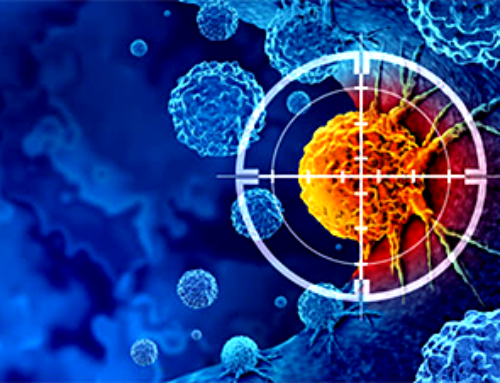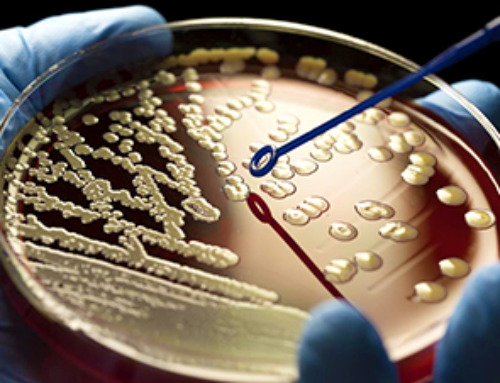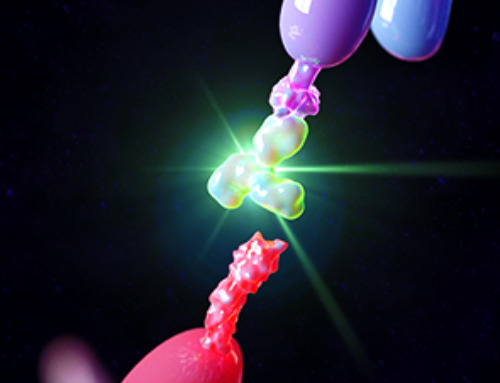- Eliezer Yudkowsky says superintelligent AI could wipe out humanity by design or by accident.
- The researcher dismissed Geoffrey Hinton's "AI as mom" idea: "We don't have the technology."
- Leaders, from Elon Musk to Roman Yampolskiy, have voiced similar doomsday fears.
AI researcher Eliezer Yudkowsky doesn't lose sleep over whether AI models sound "woke" or "reactionary."
Yudkowsky, the founder of the Machine Intelligence Research Institute, sees the real threat as what happens when engineers create a system that's vastly more powerful than humans and completely indifferent to our survival.
"If you have something that is very, very powerful and indifferent to you, it tends to wipe you out on purpose or as a side effect," he said in an episode of The New York Times podcast "Hard Fork" released last Saturday.
Yudkowsky, coauthor of the new book If Anyone Builds It, Everyone Dies, has spent two decades warning that superintelligence poses an existential risk to humanity.
His central claim is that humanity doesn't have the technology to align such systems with human values.
He described grim scenarios in which a superintelligence might deliberately eliminate humanity to prevent rivals from building competing systems or wipe us out as collateral damage while pursuing its goals.
Yudkowsky pointed to physical limits like Earth's ability to radiate heat. If AI-driven fusion plants and computing centers expanded unchecked, "the humans get cooked in a very literal sense," he said.
He dismissed debates over whether chatbots sound as though they are "woke" or have certain political affiliations, calling them distractions: "There's a core difference between getting things to talk to you a certain way and getting them to act a certain way once they are smarter than you."
Yudkowsky also brushed off the idea of training advanced systems to behave like mothers — a theory suggested by Geoffrey Hinton, often called the "godfather of AI — arguing it wouldn't make the technology safer. He argued that such schemes are unrealistic at best.
"We just don't have the technology to make it be nice," he said, adding that even if someone devised a "clever scheme" to make a superintelligence love or protect us, hitting "that narrow target will not work on the first try" — and if it fails, "everybody will be dead and we won't get to try again."
Critics argue that Yudkowsky's perspective is overly gloomy, but he pointed to cases of chatbots encouraging users toward self-harm, saying that's evidence of a system-wide design flaw.
"If a particular AI model ever talks anybody into going insane or committing suicide, all the copies of that model are the same AI," he said.
Other leaders are sounding alarms, too
Yudkowsky is not the only AI researcher or tech leader to warn that advanced systems could one day annihilate humanity.
In February, Elon Musk told Joe Rogan that he sees "only a 20% chance of annihilation" of AI — a figure he framed as optimistic.
In April, Hinton said in a CBS interview that there was a "10 to 20% chance" that AI could seize control.
A March 2024 report commissioned by the US State Department warned that the rise of artificial general intelligence could bring catastrophic risks up to human extinction, pointing to scenarios ranging from bioweapons and cyberattacks to swarms of autonomous agents.
In June 2024, AI safety researcher Roman Yampolskiy estimated a 99.9% chance of extinction within the next century, arguing that no AI model has ever been fully secure.
Across Silicon Valley, some researchers and entrepreneurs have responded by reshaping their lives — stockpiling food, building bunkers, or spending down retirement savings — in preparation for what they see as a looming AI apocalypse.
News
How lipid nanoparticles carrying vaccines release their cargo
A study from FAU has shown that lipid nanoparticles restructure their membrane significantly after being absorbed into a cell and ending up in an acidic environment. Vaccines and other medicines are often packed in [...]
New book from NanoappsMedical Inc – Molecular Manufacturing: The Future of Nanomedicine
This book explores the revolutionary potential of atomically precise manufacturing technologies to transform global healthcare, as well as practically every other sector across society. This forward-thinking volume examines how envisaged Factory@Home systems might enable the cost-effective [...]
A Virus Designed in the Lab Could Help Defeat Antibiotic Resistance
Scientists can now design bacteria-killing viruses from DNA, opening a faster path to fighting superbugs. Bacteriophages have been used as treatments for bacterial infections for more than a century. Interest in these viruses is rising [...]
Sleep Deprivation Triggers a Strange Brain Cleanup
When you don’t sleep enough, your brain may clean itself at the exact moment you need it to think. Most people recognize the sensation. After a night of inadequate sleep, staying focused becomes harder [...]
Lab-grown corticospinal neurons offer new models for ALS and spinal injuries
Researchers have developed a way to grow a highly specialized subset of brain nerve cells that are involved in motor neuron disease and damaged in spinal injuries. Their study, published today in eLife as the final [...]
Urgent warning over deadly ‘brain swelling’ virus amid fears it could spread globally
Airports across Asia have been put on high alert after India confirmed two cases of the deadly Nipah virus in the state of West Bengal over the past month. Thailand, Nepal and Vietnam are among the [...]
This Vaccine Stops Bird Flu Before It Reaches the Lungs
A new nasal spray vaccine could stop bird flu at the door — blocking infection, reducing spread, and helping head off the next pandemic. Since first appearing in the United States in 2014, H5N1 [...]
These two viruses may become the next public health threats, scientists say
Two emerging pathogens with animal origins—influenza D virus and canine coronavirus—have so far been quietly flying under the radar, but researchers warn conditions are ripe for the viruses to spread more widely among humans. [...]
COVID-19 viral fragments shown to target and kill specific immune cells
COVID-19 viral fragments shown to target and kill specific immune cells in UCLA-led study Clues about extreme cases and omicron’s effects come from a cross-disciplinary international research team New research shows that after the [...]
Smaller Than a Grain of Salt: Engineers Create the World’s Tiniest Wireless Brain Implant
A salt-grain-sized neural implant can record and transmit brain activity wirelessly for extended periods. Researchers at Cornell University, working with collaborators, have created an extremely small neural implant that can sit on a grain of [...]
Scientists Develop a New Way To See Inside the Human Body Using 3D Color Imaging
A newly developed imaging method blends ultrasound and photoacoustics to capture both tissue structure and blood-vessel function in 3D. By blending two powerful imaging methods, researchers from Caltech and USC have developed a new way to [...]
Brain waves could help paralyzed patients move again
People with spinal cord injuries often lose the ability to move their arms or legs. In many cases, the nerves in the limbs remain healthy, and the brain continues to function normally. The loss of [...]
Scientists Discover a New “Cleanup Hub” Inside the Human Brain
A newly identified lymphatic drainage pathway along the middle meningeal artery reveals how the human brain clears waste. How does the brain clear away waste? This task is handled by the brain’s lymphatic drainage [...]
New Drug Slashes Dangerous Blood Fats by Nearly 40% in First Human Trial
Scientists have found a way to fine-tune a central fat-control pathway in the liver, reducing harmful blood triglycerides while preserving beneficial cholesterol functions. When we eat, the body turns surplus calories into molecules called [...]
A Simple Brain Scan May Help Restore Movement After Paralysis
A brain cap and smart algorithms may one day help paralyzed patients turn thought into movement—no surgery required. People with spinal cord injuries often experience partial or complete loss of movement in their arms [...]
Plant Discovery Could Transform How Medicines Are Made
Scientists have uncovered an unexpected way plants make powerful chemicals, revealing hidden biological connections that could transform how medicines are discovered and produced. Plants produce protective chemicals called alkaloids as part of their natural [...]





















